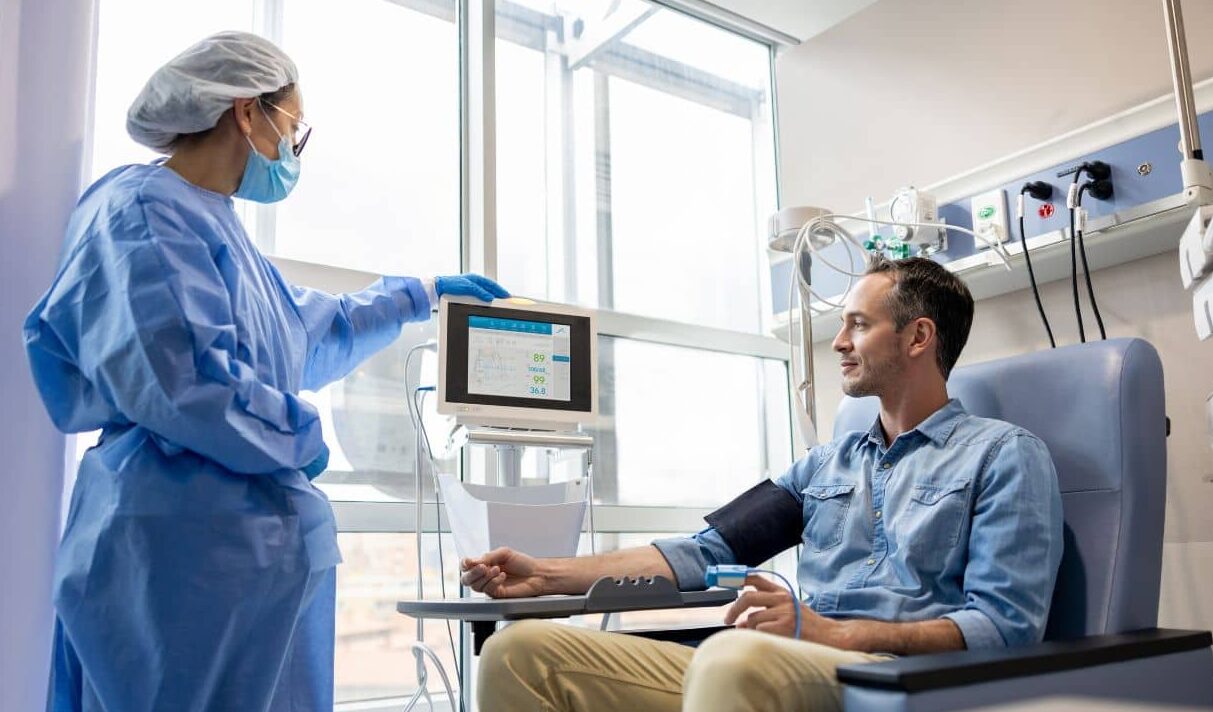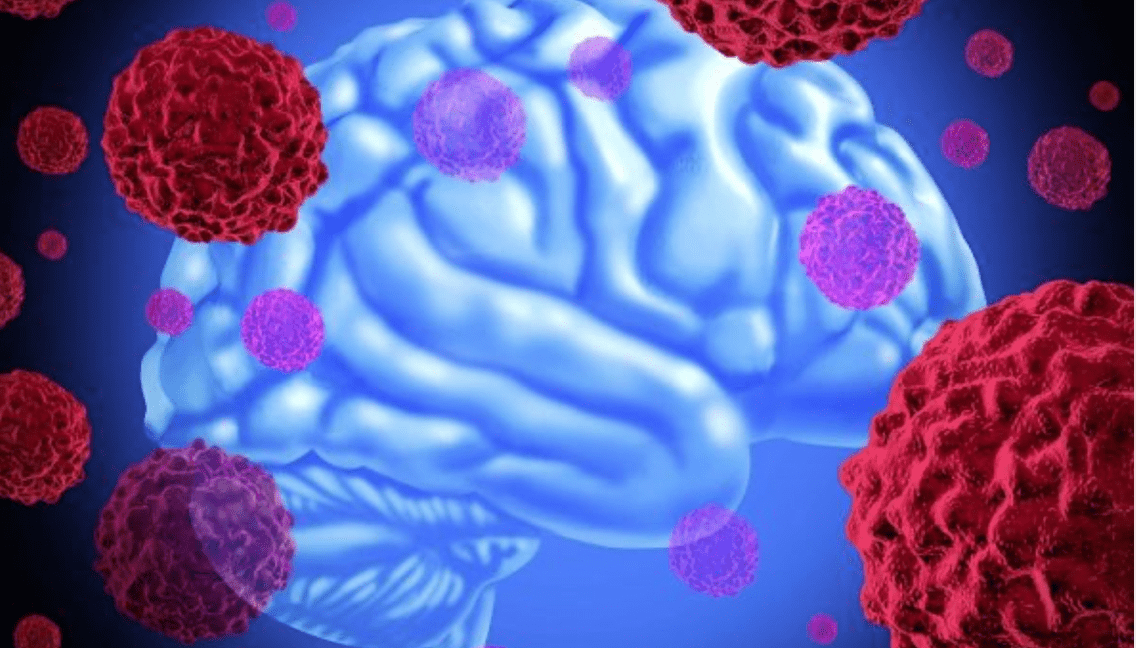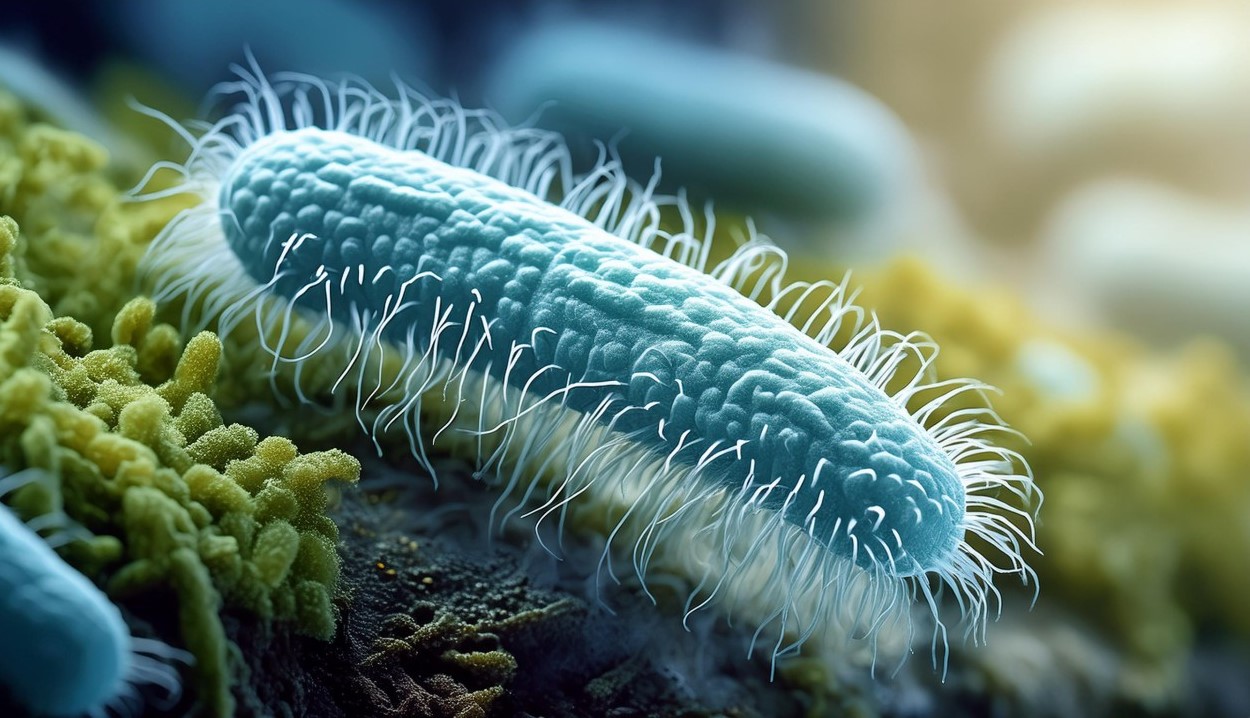-
 News
When glucose levels are low, chemotherapy ceases to affect cancer cells
News
When glucose levels are low, chemotherapy ceases to affect cancer cells
-
 News
Excessive treatment of prostate cancer in older men may reduce quality of life without increasing its duration
News
Excessive treatment of prostate cancer in older men may reduce quality of life without increasing its duration
-
 News
Brain cancer can be cured by viruses
News
Brain cancer can be cured by viruses
-
 News
Ways to reduce lymphatic pain in breast cancer have been found
News
Ways to reduce lymphatic pain in breast cancer have been found
-
 News
Scientists have turned bacteria into a powerful weapon against cancer
News
Scientists have turned bacteria into a powerful weapon against cancer
All news
Sarcoma treatment in Turkey
Sarcoma is a group of malignant tumors that originate from connective tissue.
Sarcomas arise from
- Bone tissue (osteogenic sarcoma),
- Muscle (myosarcoma),
- Adipose (liposarcoma),
- The walls of blood and lymphatic vessels (angio and lymphosarcoma).
This type of tumor accounts for about 1% of the total number of malignant neoplasms. It does not have gender characteristics, but quite often falls on the working age — about 20% of soft tissue sarcomas and 50% of bone sarcomas occur in patients under the age of 35 years.
MedTour patients recommend clinics for the treatment of sarcomatous in Turkey:
I had prostate cancer and I decided to have a surgerv in Medipol clinic. I have heard about it from my friends to did the same surgery here. I was amazed about modern technology in this hospital! Doctors and nurses are super polite and educated. Everyone speaks english and is ready to help in every situation. My turkish surgeon was the best doctor, which I have ever met in my life. Results of the surgery are estounishing. I feel myself great and I am very thankful to MedTour for organizing my medical trip!
Frequently Asked Questions
- The appearance of a volume formation;
- Edema of a limb or part of the body;
- Paresthesia (atypical sensations) in a limb or part of the body;
- Pain syndrome;
- Fever and weight loss;
- Violation of the function of the damaged organ;
- Increase in temperature at the site of damage.
- Thighs, buttocks and groin — 46%;
- Upper limbs — 13%;
- Torso — 18%;
- Retroperitoneal space-13%;
- Head and neck — 9.
- Genetic diseases such as Lee Fraumeni syndrome, type I neurofibromatosis, retinoblastoma;
- Family history of sarcoma;
- Infection with human immunodeficiency virus or herpes virus type 8 for Kaposi’s sarcoma;
- The effect of radiation therapy on the damaged area in the past;
- Advanced chronic diseases (chronic osteolimelitis, deforming osteitis),
- Rapid growth of the body during puberty.
- The Turkish Anadolu clinic has received a certificate from the Johns Hopkins Hospital in the United States, which means that the treatment of sarcomas is on a global level;
- In Turkey, prosthetics of limbs are available not with titanium prostheses, but with bone grown from the stem cells of your own body;
- In Turkish clinics, proton therapy is available, which allows you to give large dosages with much less harm to the body;
- Relatively low cost for treatment in world-class clinics.
- The most common treatment methods are complex treatment of limb sarcoma;
- The full course costs up to $ 80,000;
- Treatment of soft tissue and vascular sarcomas usually costs $ 15-20 000.
Professor Hale Beshak Chalar
Is a specialist in radiation oncology at the Anadolu Clinic. He has 23 years of clinical experience. She worked at Harvard University. Member of the societies ASTRO-American Society of Radiooncology, ESTRO-European Society of Therapeutic Radiation Oncology, EORTC-European Organization for Research and Treatment of Cancer.
Mehmet Tamir Ozdemir, MD
Has 20 years of clinical experience. Specializes in the reconstruction of defects after tumor removal using distraction osteogenesis and the restoration of long bone defects using demineralized bone matrix and autogenous bone composite material. Member of the Societies Turkish Union of Orthopedists and Traumatologists TOTA, Department of Bone and Soft Tissue Tumors, Tota, European Society of Musculoskeletal Oncologists, EMSOS
What are the modern methods of diagnosis of sarcoma in Turkey
Diagnostics of sarcoma
Definition of a dense painless formation on the limb or on the body, skin discoloration, pain syndrome, organ dysfunction.
Further, depending on the type of sarcoma (bones, soft tissues or blood vessels) — ultrasound, X-ray or angiography. These methods allow us to accurately suspect sarcoma.
Biopsy
After the sarcoma is suspected, a biopsy is performed in one way or another. Experienced doctors choose the method depending on the clinical situation — if in this case it is possible to take enough tumor material with a special manipulator through a skin puncture, choose this method.
Operation
If the biopsy option may be uninformative, abdominal or thoracic surgeons perform a small operation. The test material is examined under a microscope, and mutations and features of the tumor are determined for the possibility of prescribing specific therapy.
CT
In addition, CT is performed with intravenous contrast of the chest, abdomen and pelvis, and in some cases, given the atypical nature of metastasis in sarcomas, PET-CT of the entire body is required.
Treatment of sarcomas
Treatment of sarcomas is a complex process, the success of which may differ depending on the technical capabilities of the clinic and the qualifications of the doctor.
The fact is that sarcomas are not very sensitive to chemotherapy, are prone to relapse and the appearance of metastases in atypical places. Medical treatment is not limited to following clinical protocols — the doctor has to choose the treatment independently, based on the patient’s clinical situation and the response of the tumor to therapy. Therefore, there are specialized sarcoma centers in the world.
The main method of treatment is surgical. For sarcomas of a high degree of differentiation, it is enough. However, when performing radical surgery to remove sarcoma, in some cases, it is necessary to perform complex organ plastic surgery or bone prosthetics.
In low-grade sarcomas or large-sized sarcomas, chemoradiotherapy is performed before surgery, which reduces the tumor or reduces the risk of relapses. With the progression of the disease, chemotherapy, radiation therapy and targeted therapy (therapy that affects specific mutations of the tumor) are also used.
Published:
Updated:


Information on this webpage verified by the medical expert






I want to share my experience with Liv Hospital, where I had a prostate removal surgery due to cancer. From the very beginning, everything was well-organized – the staff helped me with all arrangements, and the doctor explained everything in detail. The hospital itself is very modern and clean, which made me feel more comfortable.
The surgery went well, and I was surprised how fast I started recovering. Now, a few months later, I feel much better and my tests show good results. I’m really grateful to the doctors and nurses at Liv Hospital for their professionalism and care. If anyone is looking for high-quality prostate cancer treatment, I can definitely recommend this place.